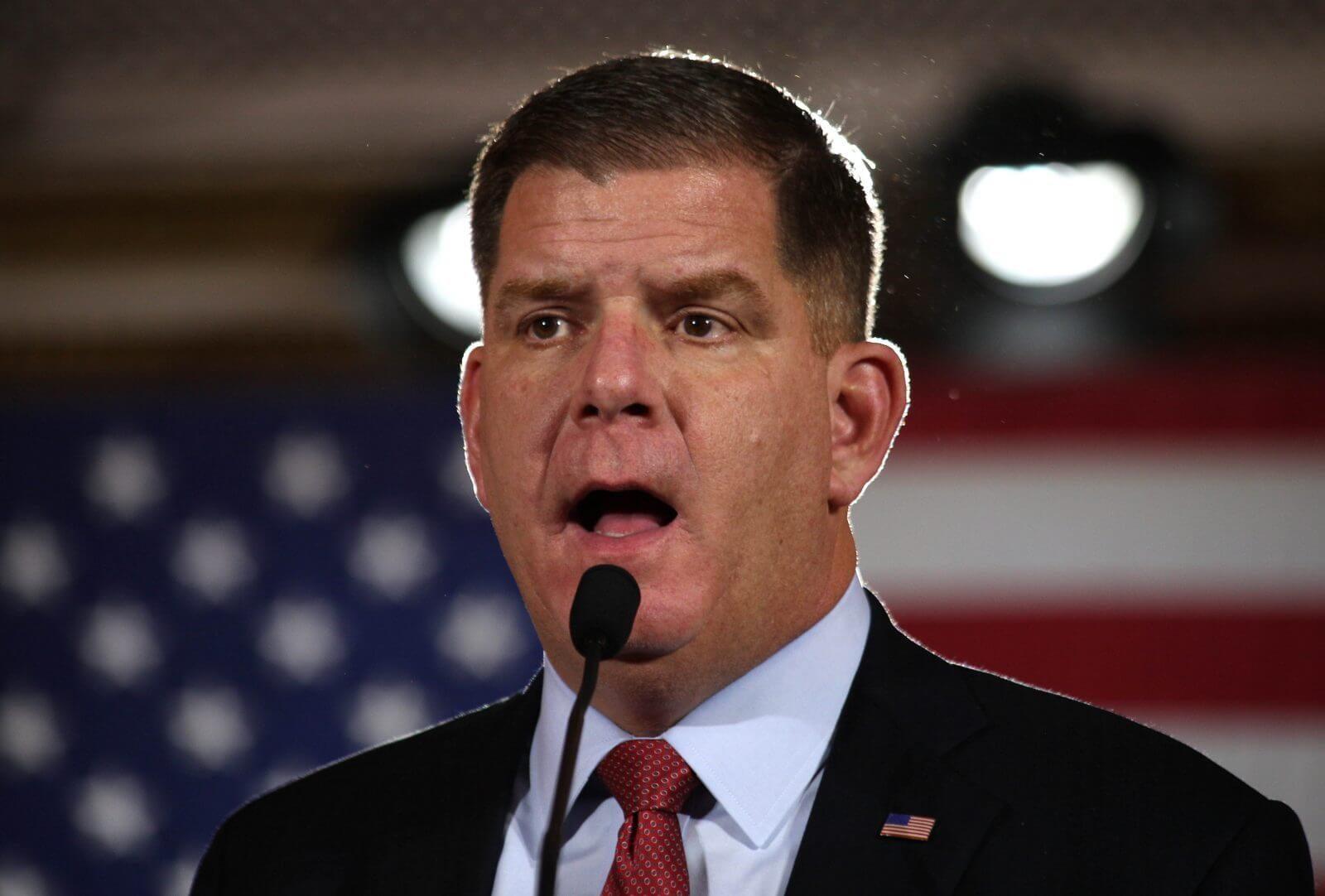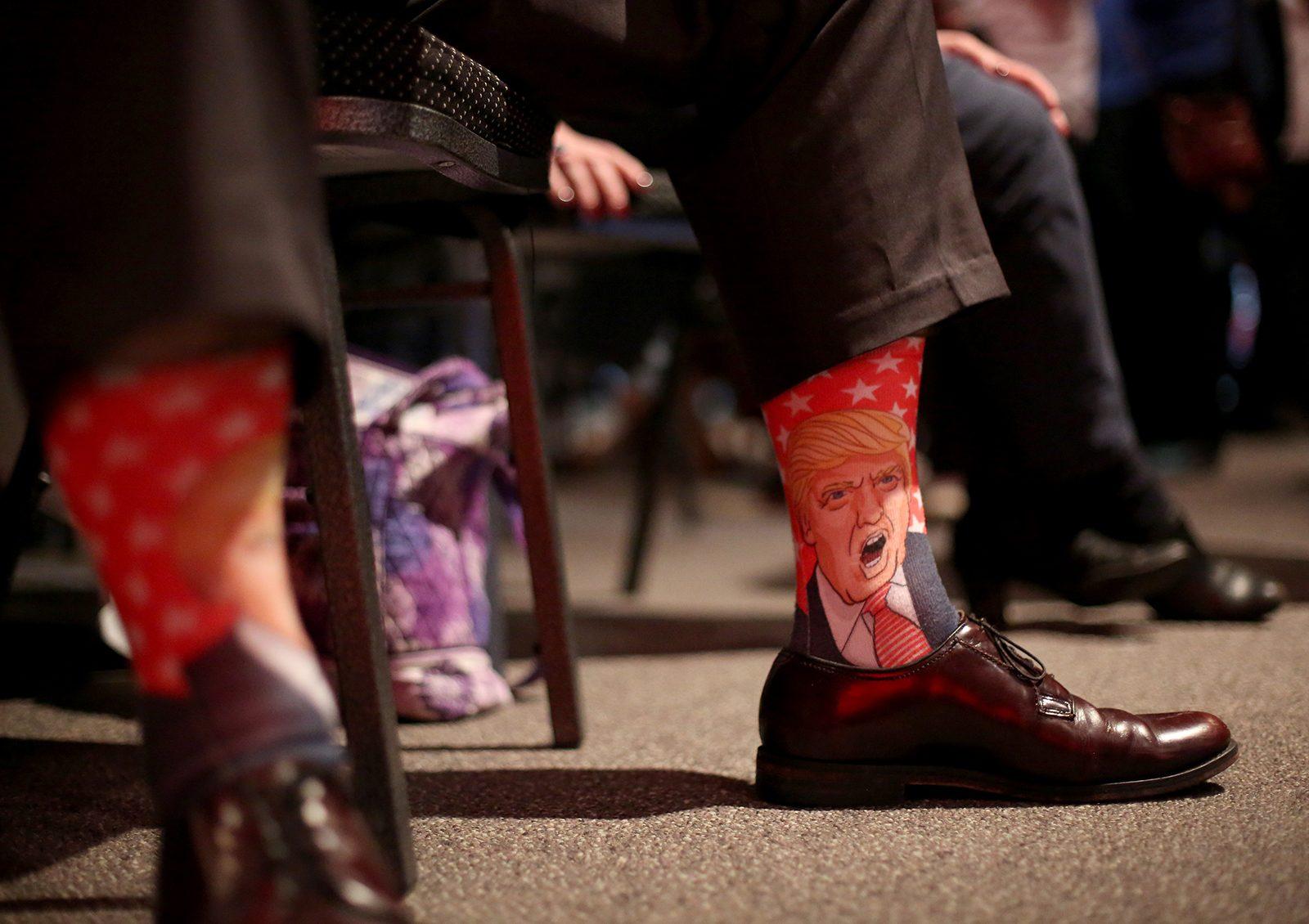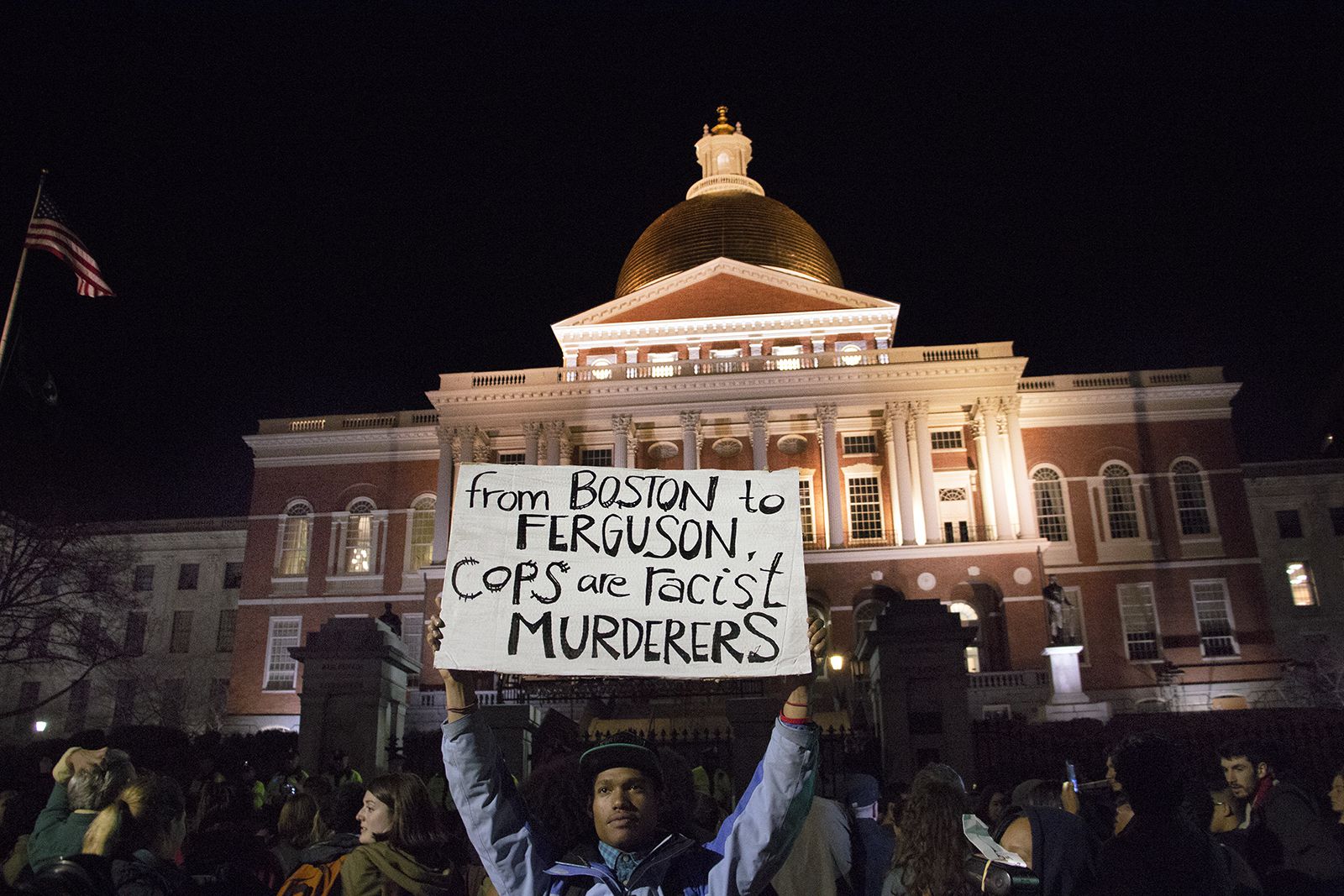Multitasking on the road may be a thing of the past if the National Safety Council gets its way.’
The NSC, a nonprofit advocacy group, recently proposed a nationwide ban on cell phone use on the road, calling on all motorists to save their conversations until they are safely stationary.
NSC spokeswoman Meredith Morris said the group is contacting legislatures and businesses to encourage them to promote a ban.
‘Studies show that driving while talking on a cell phone is extremely dangerous and puts drivers at a four times greater risk of a crash,’ NSC President and CEO Janet Froetscher said in a Jan. 12 press release.
The NSC cited that over 50 studies say using cell phones while driving is dangerous in its proposal, Morris said.
‘It is very clear that more and more people are getting unintentionally killed in road accidents,’ Morris said.
Carnegie Mellon University Center for Cognitive Brain Imaging Director Marcel Just said research he released in March 2008 proved that just listening to cell phones causes drivers to make the same type of mistakes as those under the influence of alcohol. Even if the person does not talk, brain activity decreases by 37 percent when on the phone, he said.
‘Many kinds of studies show that engaging in a cell phone conversation really impacts driving performance and substantially increases the risk of accidents,’ Just said. ‘Therefore, people shouldn’t be talking on cell phones, hands-free or handheld.’
No states completely ban cell phone use, according to the Governors Highway Safety Association.’ ‘
However, California, Connecticut, New Jersey, New York, Washington and the District of Columbia have laws prohibiting handheld cell phones while driving. Alaska, Louisiana and Minnesota have banned text messaging, and 17 states also have laws limiting cell phone use for certain people, such as novice drivers and school bus drivers.
According to a Harvard Center of Risk Analysis study, cell phone use contributes to an estimated 636,000 crashes, 330,000 injuries, 12,000 serious injuries and 2,600 deaths each year.
CTIA’-The Wireless Association Vice President of Public Affairs John Walls said cell phone use while driving is not as dangerous as some studies suggest.
‘Over the past 10 years, we have had an increase in subscribers of about 250 percent and an increase of minutes in use by more than 2,000 percent, and the number of traffic accidents has gone down by five percent,’ Walls said.
CTIA is a nonprofit organization that represents all sectors of wireless communication. Although it supports a nationwide text messaging ban, CTIA does not support a complete ban on talking while driving because there may be times when a brief phone call can be made ‘reasonably, responsibly and safely,’ he said.’
‘Sometimes, a phone call is absolutely necessary,’ Walls said. ‘Such as when you are a parent going to pick up your child from school or a business person running late to a meeting due to traffic.’
Laws should not be made based on only simulated research, Walls said.
Some people have also expressed discontent with the proposal of a complete ban because it does not allow for all scenarios and precautions.
Boston University College of Arts and Sciences junior Shaynna Herrera said she does not think there should be a law against cell phones.
‘I always put my cell phone on speaker and out of my hands,’ Herrera said. ‘What’s the difference between talking to my phone sitting there and talking to a passenger sitting in the seat next to me?’





















































































































